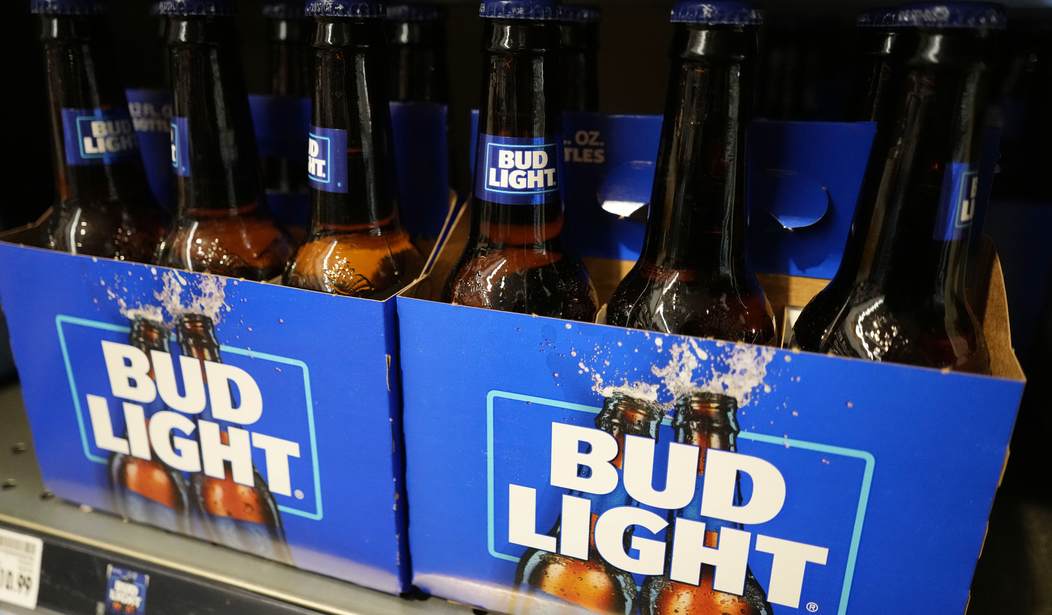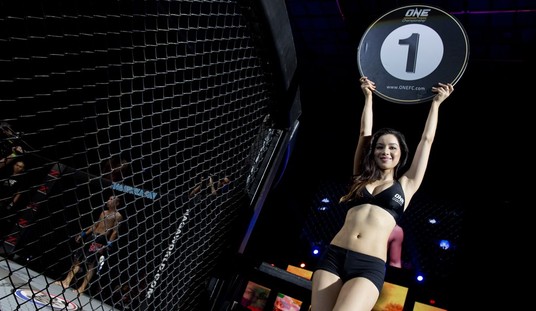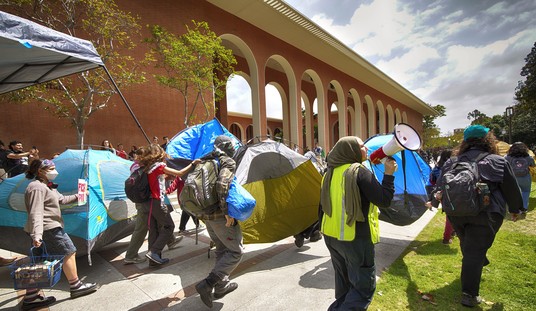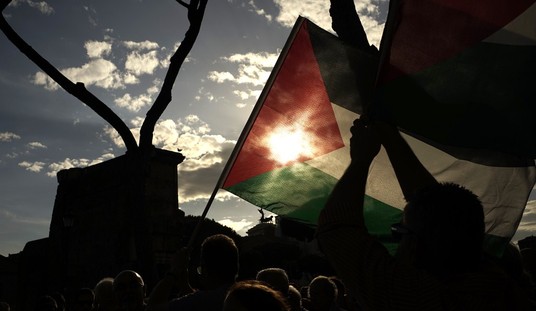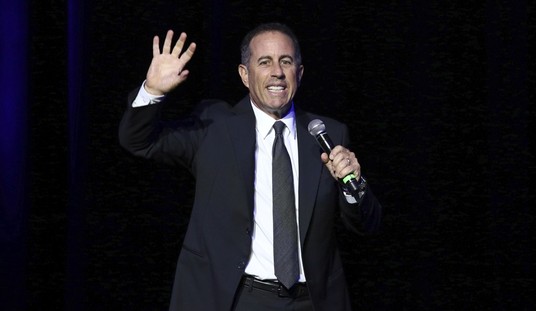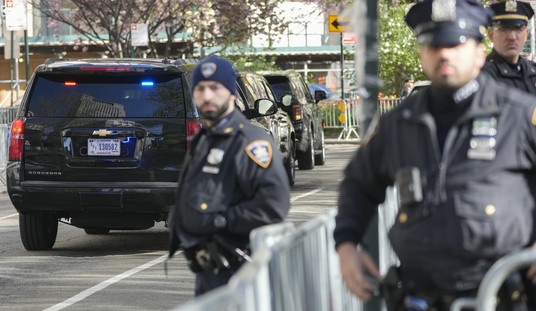The left can downplay the Bud Light boycott all they want, but despite the fact that the media didn't focus on it as much as they should have, this boycott is one of the most significant cultural moments in recent history. You're talking about how American society got together from sea to shining sea and refused to purchase a single brand's drink because it was the straw that broke the camel's back in terms of a cultural takeover.
That's not insignificant.
There's no denying that Anheuser-Busch truly felt the blow. The Bud Light brand is so damaged that it's gone into full-on recovery mode, an avenue that will cost them a ton of money to do in order to rehabilitate the brand.
To be sure, they're already spending it. On top of the 13.5 percent decline, it's already experienced a 17 percent drop in retail sales, A-B spent $1 billion in stock buyback and then made a deal with the Ultimate Fighting Championship to keep its name on the minds of the average American to boot.
This is a hefty, hefty price tag for featuring a divisive transgender influencer in their social media ads. The boycott is nothing short of a nightmare scenario for any business. We didn't just disrupt their cash flow, America disrupted its distribution and then filled in the blank with their competitor's beers, effectively closing the door on a large chunk of return customers once the dust settled. The bruise America gave A-B will not fade for a long time.
But it's not enough. The nightmare can't end until a goal is met. The question is, what is that goal? The American people haven't really decided on that.
Many would say that victory looks like the total destruction of Bud Light and the absolute collapse of A-B. I get the sentiment, but if we're looking at it objectively, that's not realistic. A-B is a massive brand with more under its control than people understand. The corporation is so large that it has partnerships all over the globe with other major corporations and products that are still being bought and sold all over the place.
A total collapse isn't looking good when polling indicates that 40 percent of Bud Light's customers are willing to return. That isn't a guarantee at all, and Bud Light shouldn't grow cocky over it, but it does show that there's some potential movement in the blockade.
A-B isn't going anywhere, and it's not going to just let one of its most popular products die, so a complete wipeout isn't a solid goal to aim for. Besides, it'd hardly be the most useful end to America anyway.
What would be more useful is to force A-B to adopt a new strategy and create a roadmap to work for and win back the hearts of Americans, or at least as many as they can. This means embracing the average American, not defying them. Its partnership with the UFC is already a step in this direction, but perhaps it needs to go a bit further. A UFC partnership is hardly good enough.
A-B needs to put time, money, and focus on working with the average American. It needs to be very open and proud about how much it works to support our nation's veterans. It needs to help support American farmers, law enforcement, and first responders.
In effect, it needs to return to being an all-American brand that doesn't even think of getting into socio-politics. It needs to be terrified of the mere thought of it.
Over time, this will improve the relationship Bud Light has with America, and while it may never truly recover its title as the king of beers here in the States, it will have recovered a good portion of its market enough to where it can be considered a successful brand.
This has a secondary use, and here's where the true victory happens.
A relatively good recovery for Bud Light after having learned its lesson and returned to being attentive and of service to the American people will offer a road map to other corporations who may also have lost their way thanks to an infiltration of woke employees and bad investment firms and are looking for the fastest route back. Their thinking will be that if it works for A-B, then this strategy may very well work for them too.
You may think this is an obvious move, but you'd be surprised.
Changing a corporation's cultural output, not just its product output would really improve the societal health of America. It's long-game thinking, but long-game thinking is something that America desperately needs. Bud Light doesn't just have to be a scalp to collect, it can become a useful tool in the culture war.
Demands need to be made on Bud Light in order for it to further conform and this may involve more boycotting, but eventually it will learn, and when it does, other corporations may as well.

